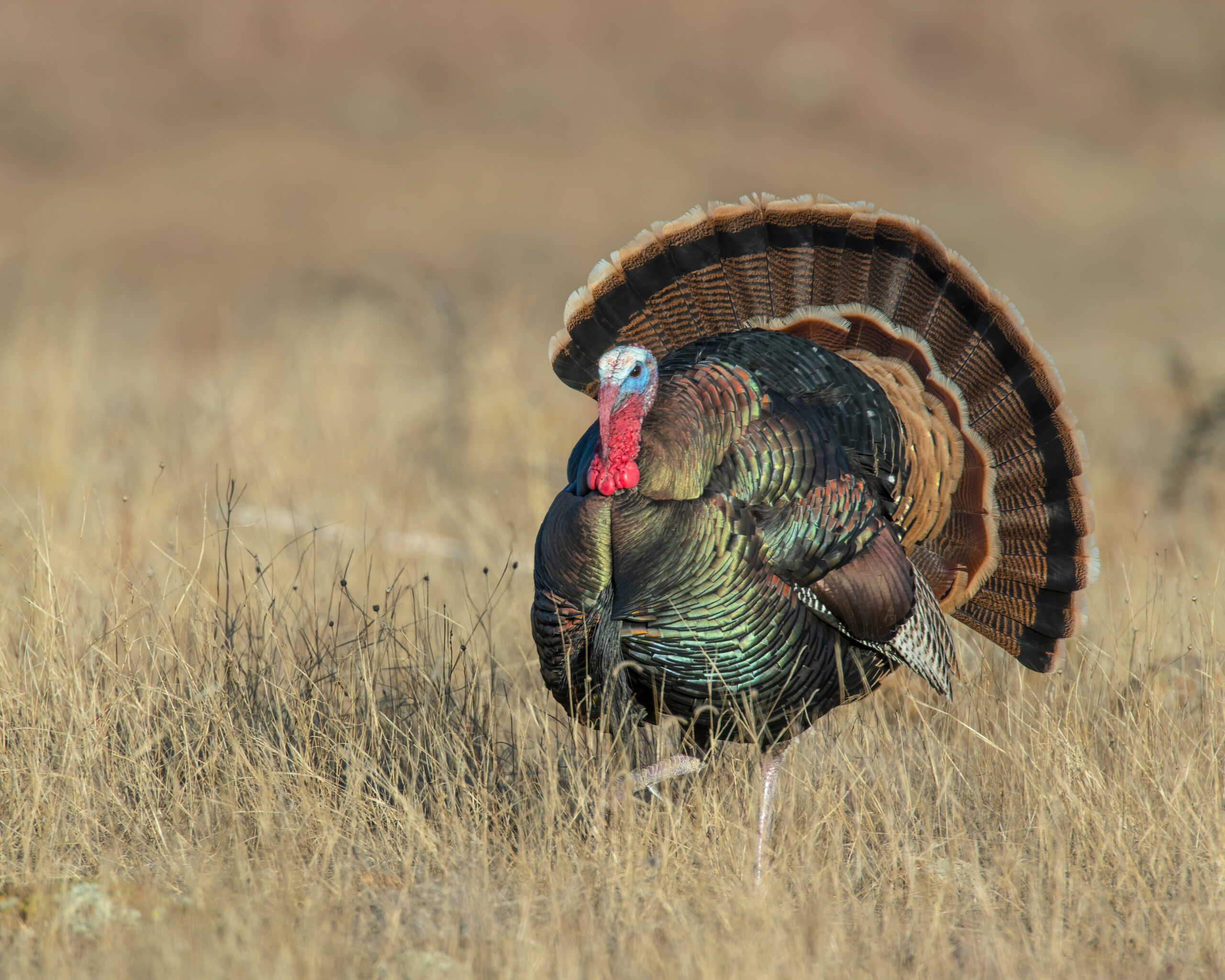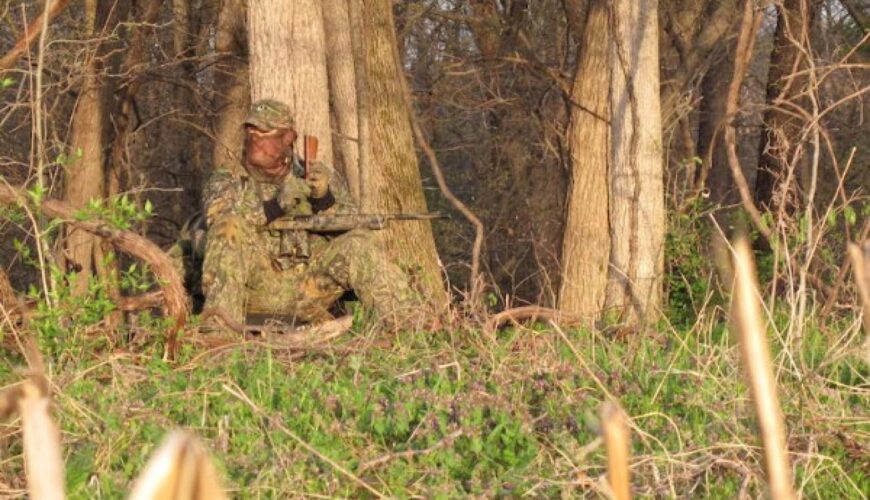Tactics
Spinnerbaits for Bass
January 30, 2026 •John N. Felsher
September 14, 2022
It can be one of the most critical decisions a turkey hunter makes; where to set up when he hears that longbeard gobble. And, typically, he must make it fast. But, unless the bird is right on top of you, take a moment and choose your spot wisely. Dropping down in the wrong spot can put you in a slight depression or behind brush that may obstruct your view—and shot. Or it can leave you unnecessarily exposed or sitting facing the wrong way from where the bird wants to approach. Here’s how to choose a spot that will provide the perfect turkey hunting ambush.

Set up where when the bird first steps into sight, it will practically be within shotgun range. This even goes for many field setups. Don’t just set up on the edge hoping he’ll come to you. Many field gobblers like the safety of the open and will tend to hang up, waiting for what they think is the hen to step out to them.
Instead, set up off a field in the woods to make him come in there looking for you. When in the woods, set up off a break in a ridge, a bend in a road or off the edge of a small opening in the woods. Force the bird to come searching rather than setting up where it can see easily to where you are calling from.
For both safety and concealment, select a tree wider than your shoulders and taller than your head. Sit where your body is hidden in shadows and with the sun to your back. Trust your camouflage and get comfortable so you can sit still. This works much better than setting up in a brush for concealment, which can obstruct your view and hamper your movement should you need to adjust the aim for a bird that slips in from a direction you weren’t expecting.
Remember, the best spot to set up may actually be behind you. While a hunter typically wants to close the distance between himself and a gobbling tom, if moving forward doesn’t allow for a good set up or puts you at risk of bumping a rapidly closing bird, retreat just enough to find a spot that offers the right blend of concealment and surprise. In hilly country, work to get on the same ridge as the longbeard instead of attempting to call it across a valley.
Do the same in areas with thick brush or wide streams. Turkeys tend to be reluctant to cross or go around such obstructions when coming to hen yelps, so take them out of play by getting on the same side every time.
Once you find that perfect spot, sit on your behind with your knees up and your shotgun balanced on your knees. You want to be comfortable so you can minimize movement. A thick camo seat cushion can be helpful in maximizing comfort. If right-handed, sit with your left shoulder toward the direction from which you think the gobbler will approach. This will allow you to swing the gun more easily to the left or the right if you need to. (If you’re left-handed, do just the opposite.)
